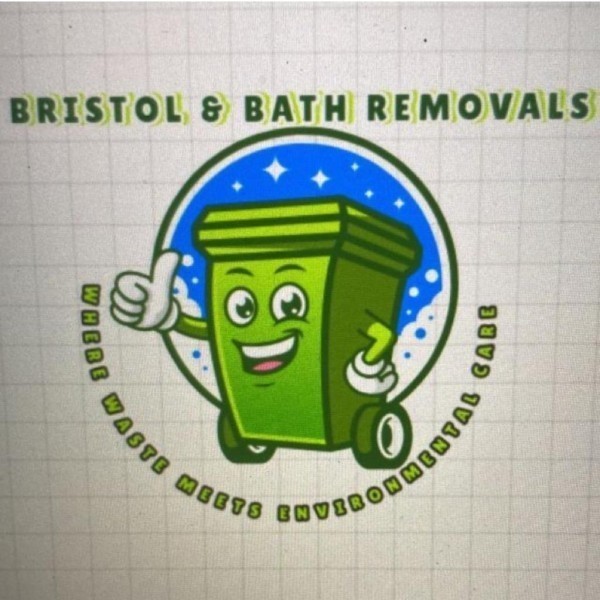Waste Disposal in Somerset
Bristol and Bath Removals, nestled in the heart of Keynsham, is your go-to solution for all your removal and waste dispo... read more »
Welcome to Mike's Garden Services, the premier choice... read more »
Welcome to Woodlands Garden Services, your trusted pa... read more »
Search Waste Disposal in Somerset by town
Understanding Waste Disposal in Somerset
Waste disposal is a critical aspect of maintaining a clean and sustainable environment. In Somerset, a county known for its picturesque landscapes and vibrant communities, effective waste management is essential. This article delves into the intricacies of waste disposal in Somerset, exploring various methods, challenges, and solutions to ensure a greener future.
The Importance of Waste Disposal
Proper waste disposal is vital for several reasons. It helps prevent pollution, conserves natural resources, and protects public health. In Somerset, like many other regions, managing waste efficiently is crucial to maintaining the county's natural beauty and ensuring the well-being of its residents.
Types of Waste in Somerset
Somerset generates various types of waste, each requiring specific disposal methods. These include:
- Household Waste: Everyday items discarded by residents, such as food scraps, packaging, and old clothing.
- Commercial Waste: Waste produced by businesses, including paper, cardboard, and office supplies.
- Industrial Waste: By-products from manufacturing processes, often requiring special handling.
- Hazardous Waste: Materials that pose a risk to health or the environment, such as chemicals and batteries.
Recycling Initiatives in Somerset
Recycling plays a pivotal role in waste management in Somerset. The county has implemented several initiatives to encourage recycling among residents and businesses. These include curbside collection services, recycling centres, and educational programmes to raise awareness about the benefits of recycling.
Curbside Collection Services
Somerset offers curbside collection services for recyclable materials, making it convenient for residents to participate in recycling efforts. These services typically collect paper, cardboard, glass, and certain plastics, which are then processed and reused.
Recycling Centres
In addition to curbside collection, Somerset boasts numerous recycling centres where residents can drop off a wider range of materials, including electronics and large household items. These centres are strategically located to ensure accessibility for all communities.
Composting: A Natural Solution
Composting is an effective way to manage organic waste in Somerset. By converting food scraps and garden waste into nutrient-rich compost, residents can reduce landfill waste and enrich their gardens. Many local councils provide compost bins and offer workshops to teach residents how to compost effectively.
Challenges in Waste Disposal
Despite the efforts to manage waste effectively, Somerset faces several challenges:
- Increasing Waste Volumes: As the population grows, so does the amount of waste generated, putting pressure on existing disposal systems.
- Contamination in Recycling: Incorrect disposal of non-recyclable items can contaminate recycling streams, reducing their effectiveness.
- Limited Landfill Space: With limited space for new landfills, finding sustainable alternatives is crucial.
Innovative Waste Disposal Technologies
To address these challenges, Somerset is exploring innovative waste disposal technologies. These include:
- Waste-to-Energy Plants: Facilities that convert waste into energy, reducing landfill use and generating electricity.
- Advanced Sorting Systems: Technologies that improve the efficiency of recycling by accurately sorting materials.
- Biodegradable Packaging: Encouraging the use of packaging that breaks down naturally, reducing waste.
Community Involvement in Waste Management
Community involvement is crucial for successful waste management in Somerset. Local councils work closely with residents to promote sustainable practices and provide resources for waste reduction. Community clean-up events and educational workshops are common, fostering a sense of responsibility and pride among residents.
Government Policies and Regulations
The Somerset County Council has implemented several policies and regulations to guide waste disposal practices. These include targets for recycling rates, restrictions on certain types of waste, and incentives for businesses to adopt sustainable practices.
Future Prospects for Waste Disposal in Somerset
Looking ahead, Somerset aims to further improve its waste disposal systems. This includes increasing recycling rates, reducing landfill dependency, and investing in new technologies. By fostering a culture of sustainability, Somerset can continue to thrive while protecting its natural environment.
Frequently Asked Questions
What types of waste can be recycled in Somerset?
In Somerset, residents can recycle paper, cardboard, glass, certain plastics, and metals through curbside collection services and recycling centres.
How can I start composting at home?
To start composting, you'll need a compost bin and a mix of green (e.g., vegetable scraps) and brown (e.g., dried leaves) materials. Many local councils offer workshops and resources to help you get started.
What should I do with hazardous waste?
Hazardous waste, such as chemicals and batteries, should be taken to designated disposal facilities. Check with your local council for specific guidelines and drop-off locations.
Are there any incentives for businesses to reduce waste?
Yes, Somerset County Council offers incentives for businesses that adopt sustainable waste management practices, such as reduced waste disposal fees and recognition programmes.
What is the role of waste-to-energy plants in Somerset?
Waste-to-energy plants in Somerset convert waste into electricity, reducing landfill use and providing a renewable energy source.
How can I get involved in community waste management efforts?
You can participate in local clean-up events, attend educational workshops, and follow your council's guidelines for waste disposal to contribute to community efforts.
In conclusion, waste disposal in Somerset is a multifaceted endeavour that requires the cooperation of residents, businesses, and local authorities. By embracing innovative technologies, promoting recycling and composting, and fostering community involvement, Somerset can continue to lead the way in sustainable waste management.




